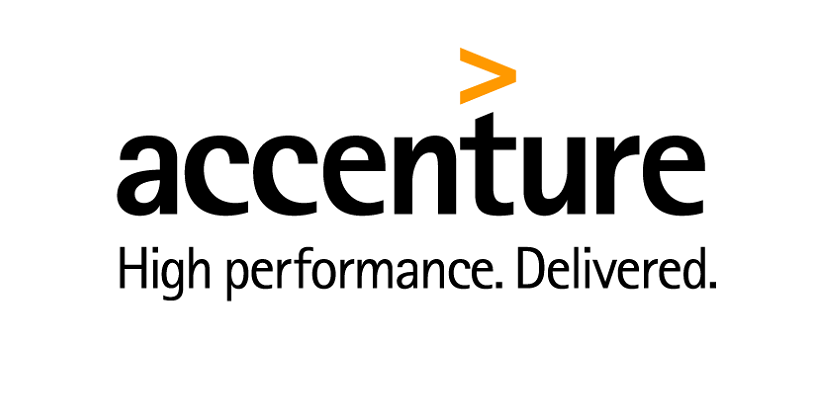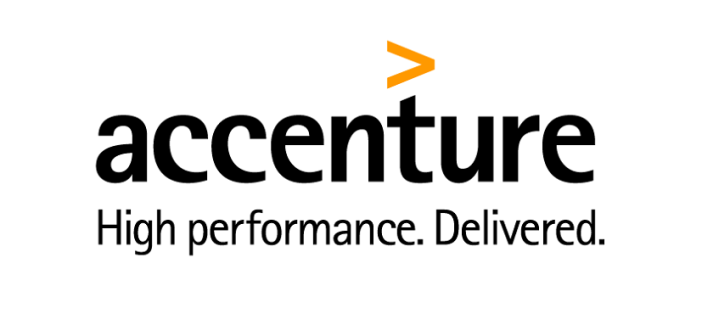
Study underscores the need for reskilling in the sector for future competitiveness
The aerospace and defence (A&D) industry will be more affected by artificial intelligence (AI) than by any other emerging technology over the next three years, according to Aerospace & Defence Technology Vision 2019, the annual report from Accenture (NYSE: ACN) that predicts key technology trends likely to redefine business. The study also underscores the growing importance of reskilling programs as a competitive lever.
AI, comprising technologies that range from machine learning to natural language processing, enables machines to sense, comprehend, act and learn in order to extend human capabilities. One-third (33%) of A&D executives surveyed cited AI as the technology that will have the greatest impact on their organisation over the next three years — more than quantum computing, distributed ledger or extended reality.
In fact, two-thirds (67%) of A&D executives said they have either adopted AI within their business or are already piloting the technology. Benefits of AI for the industry include enabling predictive analytics for maintenance; facilitating smart manufacturing with connected devices that provide real-time information to workers on the shop floor; providing advanced automation that enables the workforce to offload repetitive tasks; and enhancing real-time responses to customer issues and complaints, among others.
“AI has the potential to be a major growth driver for the A&D industry,” said Paul Mylon, Aerospace and Defence Lead for Accenture Australia, “However, AI technology is advancing faster than the pace at which many Australian companies are adopting it. A&D executives need to clearly define a strategy on how to scale solutions and tie this together with the objectives of the business.”
Workforce Reskilling
The importance of reskilling the A&D workforce to ensure success within companies is a prominent theme in the report. More than two-thirds (69%) of A&D executives believe that the speed at which members of the workforce move between roles and organisations has increased the need for reskilling in their organisation.
In addition, two-thirds (67%) of A&D executives believe that more than 40% of their workforce will move into new roles requiring substantial reskilling within three years.
Business continues to evolve, and AI is a driver of this. As a result, AI is both a cause for and a solution to workforce reskilling. For instance, aerospace specialists can now work alongside AI-assisted design technology to quickly cycle through countless design options and test configurations, with intelligent software learning and improving with each iteration. AI will also play a key role in identifying workers’ hidden and adjacent skills and will help them reskill and retain displaced workers.
“The rapid adoption of AI has triggered urgent calls for reskilling to prepare for a different way of working,” Mylon said. “The majority of jobs will be reconfigured as people and intelligent machines collaborate. A&D leaders must reimagine the very nature of work and then build the right training to meet that vision.”
Data & The Customer
The report also notes the growing role of digital data and demographics and their role in the A&D industry. Nearly all (95%) of the A&D executives surveyed expect the amount of data their organisation manages about their operators’ digital demographics to increase over the next two years, with nearly three-quarters (74%) expecting it to increase either “significantly” or “exponentially.”
The increase in available data could prove beneficial for A&D companies. For example, three-quarters (76%) of executives said that digital demographics give their organisations a new way to identify market opportunities for unmet customer needs.
“Insights from digital demographics data allow A&D companies to create a new generation of offerings that foster an ongoing, trustworthy relationship with operators,” added Mylon. “Maintenance solutions can be fine-tuned to an aircraft operator’s specific operating environment or enhanced flight planning, which can maximise fuel savings and minimise greenhouse emissions.”
You can download the report here: https://www.mysecuritymarketplace.com/product/harness-the-engine-of-innovation/
About the Methodology
Accenture’s Aerospace & Defence Technology Vision 2019 report is based on responses from 113 aerospace and defence executives surveyed as part of the Accenture Technology Vision 2019. The research process for Accenture Technology Vision 2019, which is developed annually by the Accenture Labs and Accenture Research, included gathering input from the Technology Vision External Advisory Board, a group comprising more than two dozen experienced individuals from the public and private sectors, academia, venture capital firms and entrepreneurial companies. In addition, the Technology Vision team conducted interviews with technology luminaries and industry experts, as well as with nearly 100 Accenture business leaders. In parallel, Accenture Research conducted a global online survey of 6,672 business and IT executives to capture insights into the adoption of emerging technologies. The survey helped identify the key issues and priorities for technology adoption and investment. Respondents were C-level executives and directors at companies across 27 countries and 20 industries, with the majority having annual revenues greater than US$6 billion.





